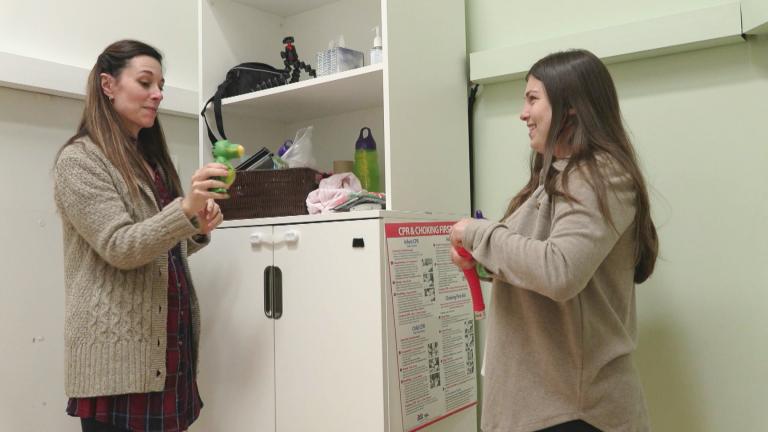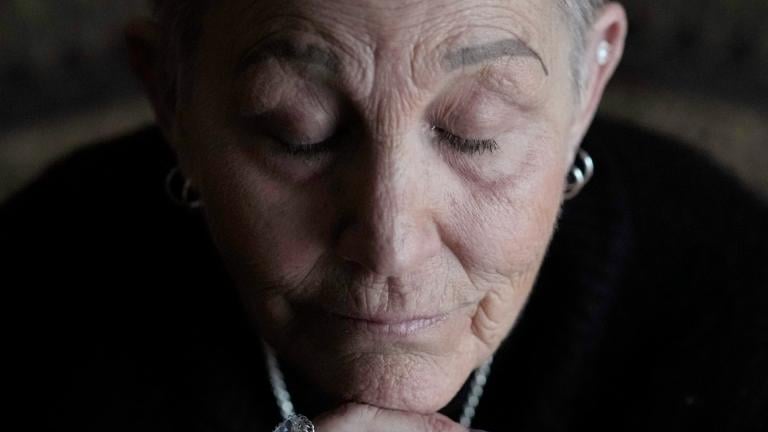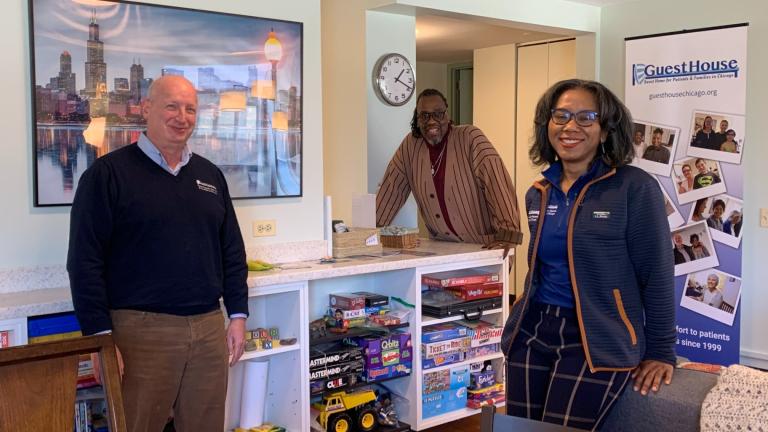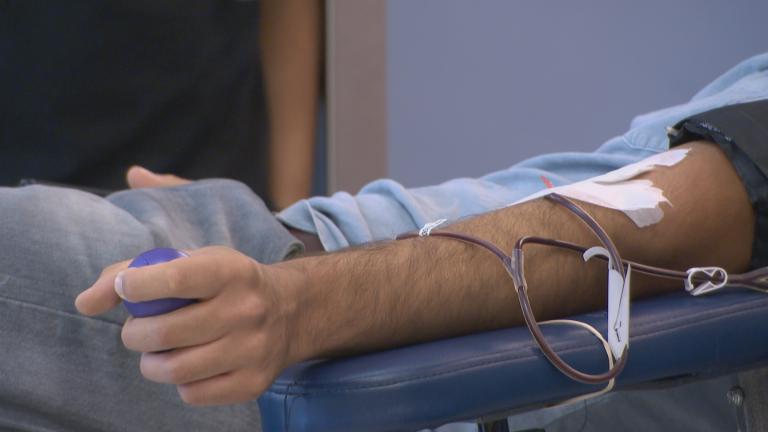
Federal funds that provide health care to children and support for low-income and at-risk families expired Sept. 30, leaving many beneficiaries at risk of eventually losing their coverage.
 Document: Read the letter.
Congress’ inaction to reauthorize funding for these programs prompted more than 50 organizations to send a letter this week to members of the Illinois congressional delegation, urging them to reauthorize and fully fund the Children’s Health Insurance Program (CHIP) and the Maternal, Infant, Early Childhood Home Visiting (MIECHV) program for five years.
Document: Read the letter.
Congress’ inaction to reauthorize funding for these programs prompted more than 50 organizations to send a letter this week to members of the Illinois congressional delegation, urging them to reauthorize and fully fund the Children’s Health Insurance Program (CHIP) and the Maternal, Infant, Early Childhood Home Visiting (MIECHV) program for five years.
“It’s very important that we reauthorize these funds. In Illinois, we should have funds to keep going for a while,” said Diana Rauner, president of the Ounce of Prevention Fund, an early childhood education organization that coordinated the letter. “It’s not a crisis today, however, across the country it is a crisis because many states will run out of money soon and we will too.”
In Illinois, approximately 1.5 million children of middle-income families received health care in 2016 through the All Kids Program, with CHIP providing nearly $497 million in federal funding for health care coverage for an estimated 326,000 children in the state, according to the Ounce of Prevention Fund.
Children who don’t qualify for Medicaid and are unable to receive coverage elsewhere are covered by CHIP, said Kaylan Szafranski, manager of health reform initiatives at EverThrive Illinois, a social services organization primarily focused on women and children that signed the letter.
In Illinois, CHIP is combined with Medicaid funding into the All Kids Program. Though combined, the funding streams are essentially separate, with the Medicaid funds dedicated to those who qualify for that program and the CHIP funds dedicated to that population, Szafranski said. If CHIP funding is not reauthorized, only those who receive coverage through CHIP would be affected.
CHIP and the All Kids Program ensure children have access to preventative care, including well-being visits, developmental screenings, immunizations, behavioral health and dental care.
These programs take a “lifespan” approach to health care, “tailoring it to the critical childhood years and making sure every need can be met not only in a baseline way but in a truly impactful way,” said Szafranski.
Thanks in part to CHIP, 97.5 percent of Illinois children are insured, said Dr. Matt Davis, division head of Academic General Pediatrics and Primary Care at Ann & Robert H. Lurie Children’s Hospital of Chicago.

The Illinois Department of Healthcare and Family Services says it estimates CHIP could continue all its current operations through September 2018 with no additional federal funding. For fiscal year 2017, Illinois’ CHIP federal share was $312.6 million on total spending of $347.7 million, according to the department.
Up to 132,000 CHIP beneficiaries' coverage may eventually be affected by the reauthorization debate before Congress, according the department, which said it estimates an additional 123,000 would continue to receive Medicaid services regardless.
“When a state runs out of funding for CHIP, that raises the possibility that some children will become uninsured as a result,” said Davis. “When a person loses insurance, whether it’s a child or an adult, naturally families face really difficult decision about whether to get health care on a routine basis even when there’s an illness.”
Last year, Lurie Children’s estimates more than 6,000 visits to the hospital by children were covered by CHIP.
“As a doctor, I’ve seen the consequences of families putting off health care for their children because they were afraid they could not pay for services,” said Davis. “It’s almost always worse to delay health care because illnesses can become more serious and injuries can get more complicated, and children’s health suffers as a result.”
Both CHIP and MIECHV have long track records of success in the state, Davis said. “They are a great way to help families get the care they need for their children.”
Started in 2010 with the approval of the Affordable Care Act, MIECHV supports children and their families, particularly at-risk and low-income families, through evidence-based voluntary home visiting programs.
Nurses or paraprofessionals visit families in their homes on a regular basis to educate them on appropriate parenting, nutrition and the social-emotional development of children, among other things, Rauner said. “They are an important part of the social supports families need to help children thrive.”
![]()
“As a doctor, I’ve seen the consequences of families putting off health care for their children because they were afraid they could not pay for services.”
–Dr. Matt Davis
Last year, federal funding for MIECHV supported 28 programs that provided services to 988 families across the state. A lack of federal funding could be detrimental to these types of home visiting programs, most of which are run by community-based organizations.
“These are community systems that hire from the community, and we know how important it is that they are able to have a predictable funding stream so they can keep people employed – these are highly trained staff,” Rauner said.
“You don’t want to stop a program with vulnerable families because they’re building trusting relationships with parents in their homes, and you can’t start and stop that. If you’re building a trusting relationship, it presumes a level of continuity.”
“If the federal money goes, we’re up the river with half a boat. Thousands of kids will fall off the rolls because they won’t be able to afford to pay for health coverage,” said Sessy Nyman, executive director of EverThrive Illinois. “Healthy bodies are the foundation for healthy development.”
Despite the delay, Rauner is hopeful Congress will reauthorize funding.
“The good news is there seems to be bipartisan support,” she said. “I think there’s greater appreciation on both sides of the aisle of the importance of programs likes [MIEHCV], evidence-based parent support programs that build strong families. I think there’s a greater appreciation for the long-term benefit to society.
“Having said that they haven’t reauthorized the program and haven’t reauthorized CHIP, and we’re certainly very hopeful this can be done by the end of the year.”
Contact Kristen Thometz: @kristenthometz | [email protected] | (773) 509-5452
Related stories:
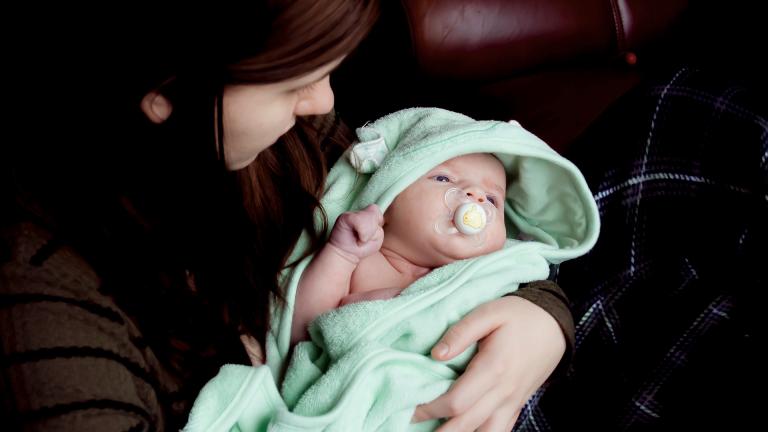 Chicago Teen Birth Rate Drops to New Low
Chicago Teen Birth Rate Drops to New Low
Nov. 13: Teen birth rates in Chicago have reached a new low, according to city officials. In 2015, there were 27.5 births per 1,000 girls ages 15-19, a 67-percent drop from 1999.
 Possible Senate Deal Emerges on Obamacare Subsidies
Possible Senate Deal Emerges on Obamacare Subsidies
Oct. 17: A two-year, stopgap measure still needs congressional approval, but it was the latest twist in the health care saga that has millions of Americans uncertain about the future of their insurance coverage.
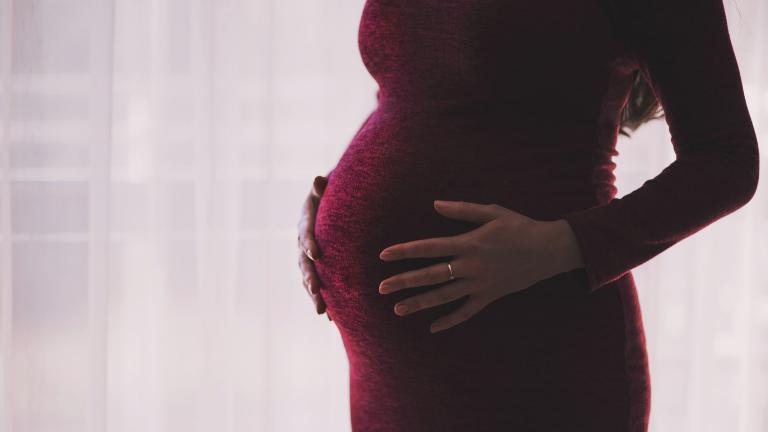 Study: Low Incomes Linked to Inflammation, Adverse Pregnancy Outcomes
Study: Low Incomes Linked to Inflammation, Adverse Pregnancy Outcomes
Oct. 3: Low-income pregnant women are more likely than their wealthy counterparts to experience chronic placental inflammation, which is linked to preterm birth and low birth weight, a new study finds.

